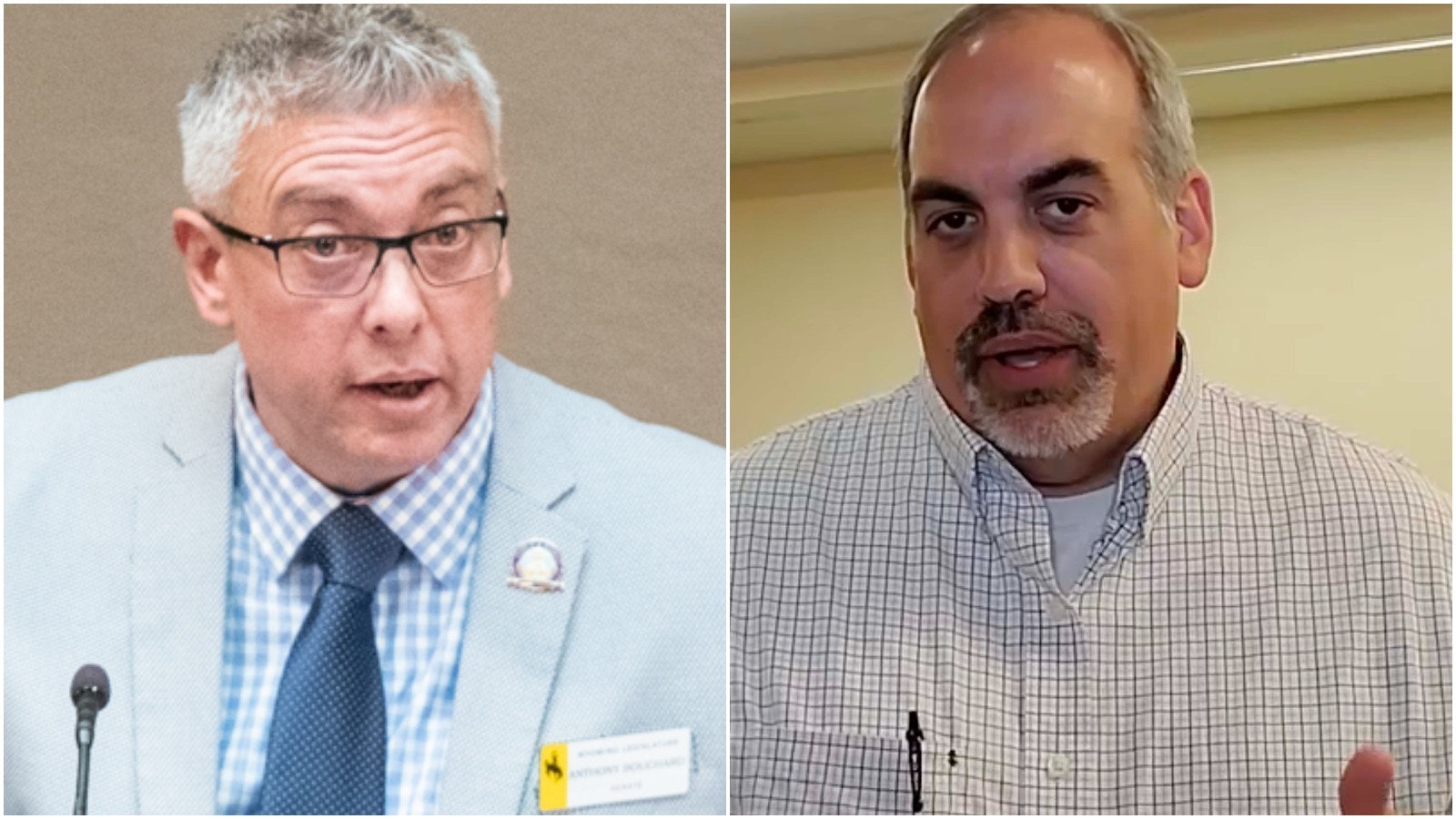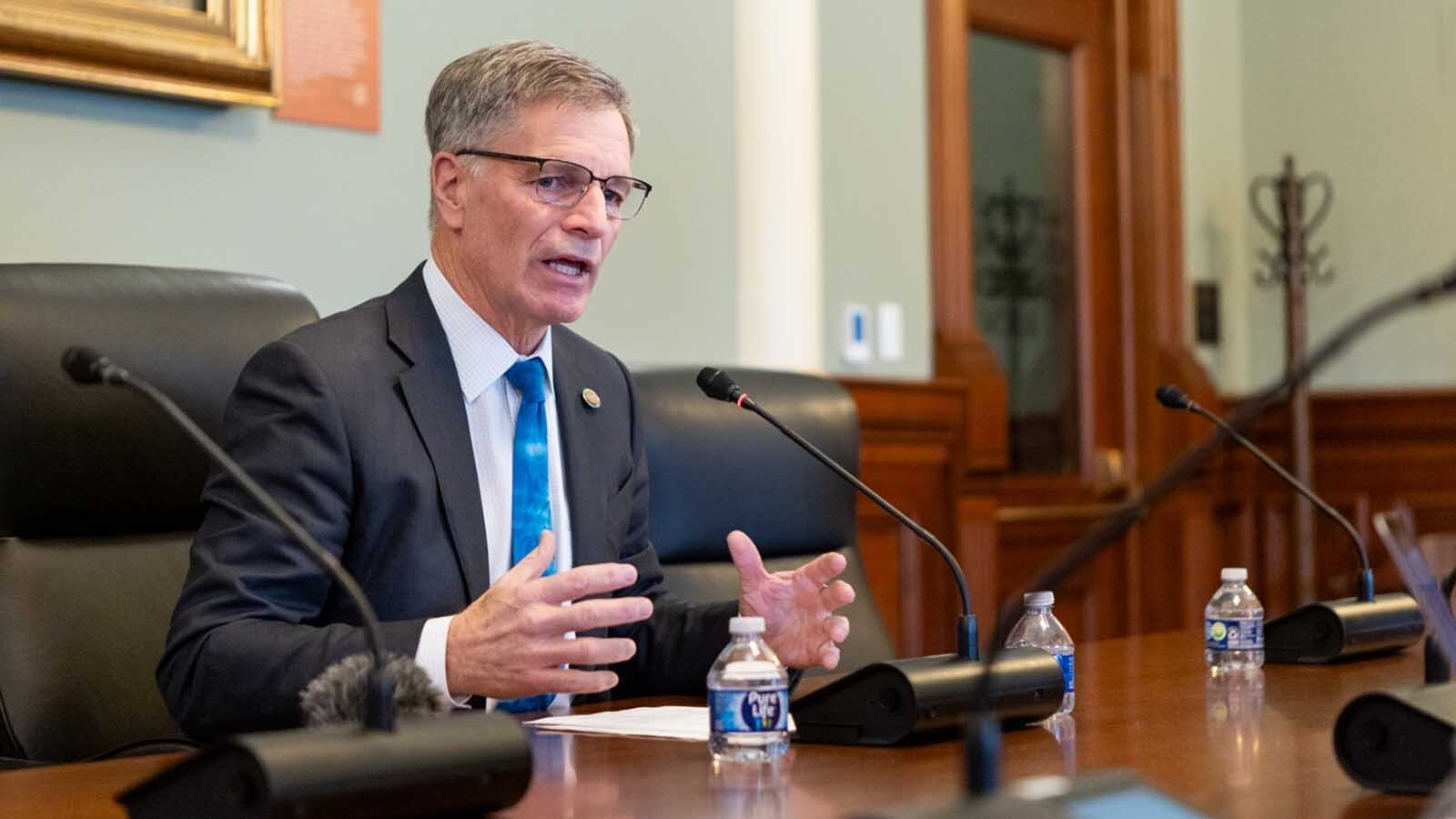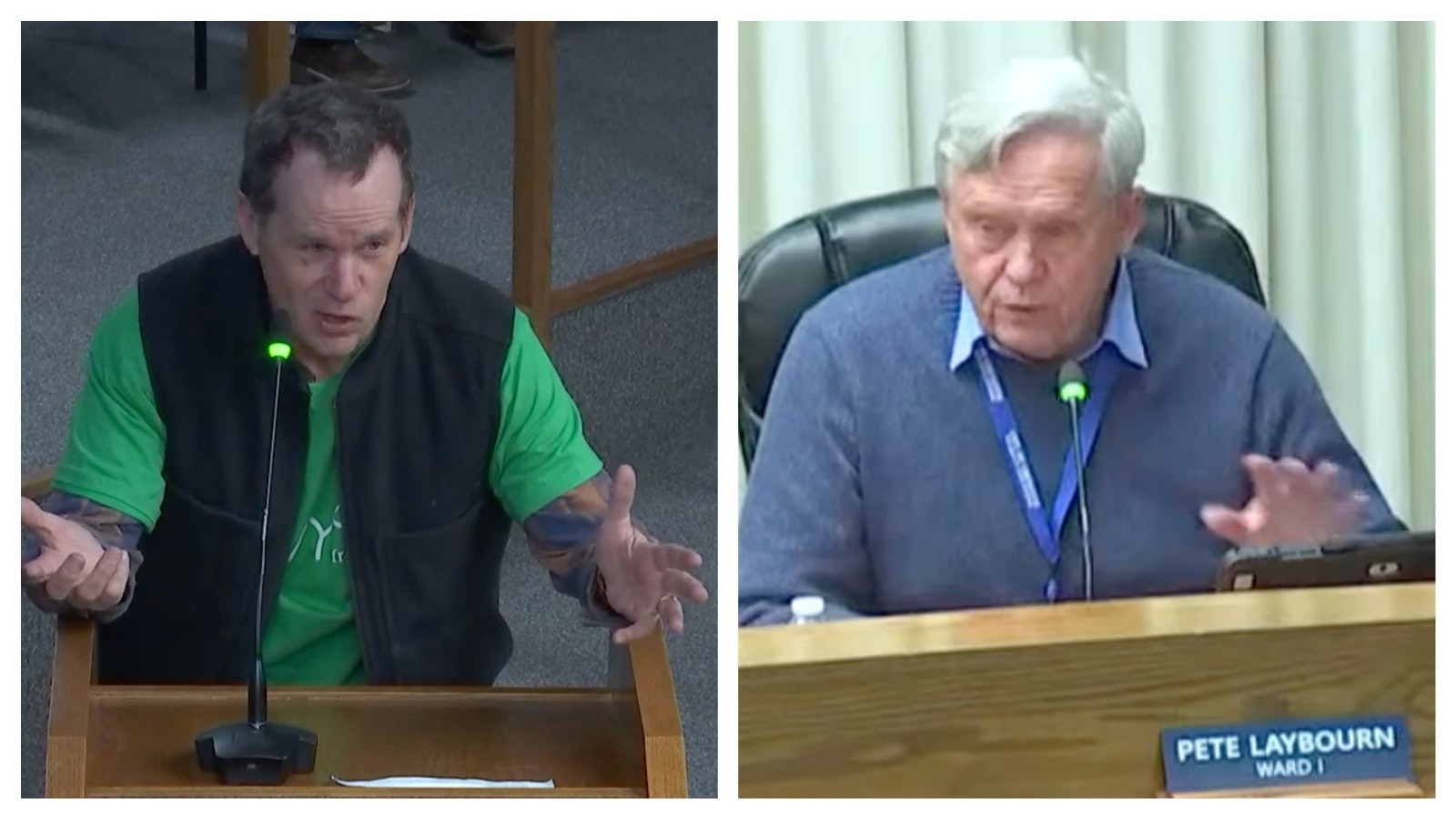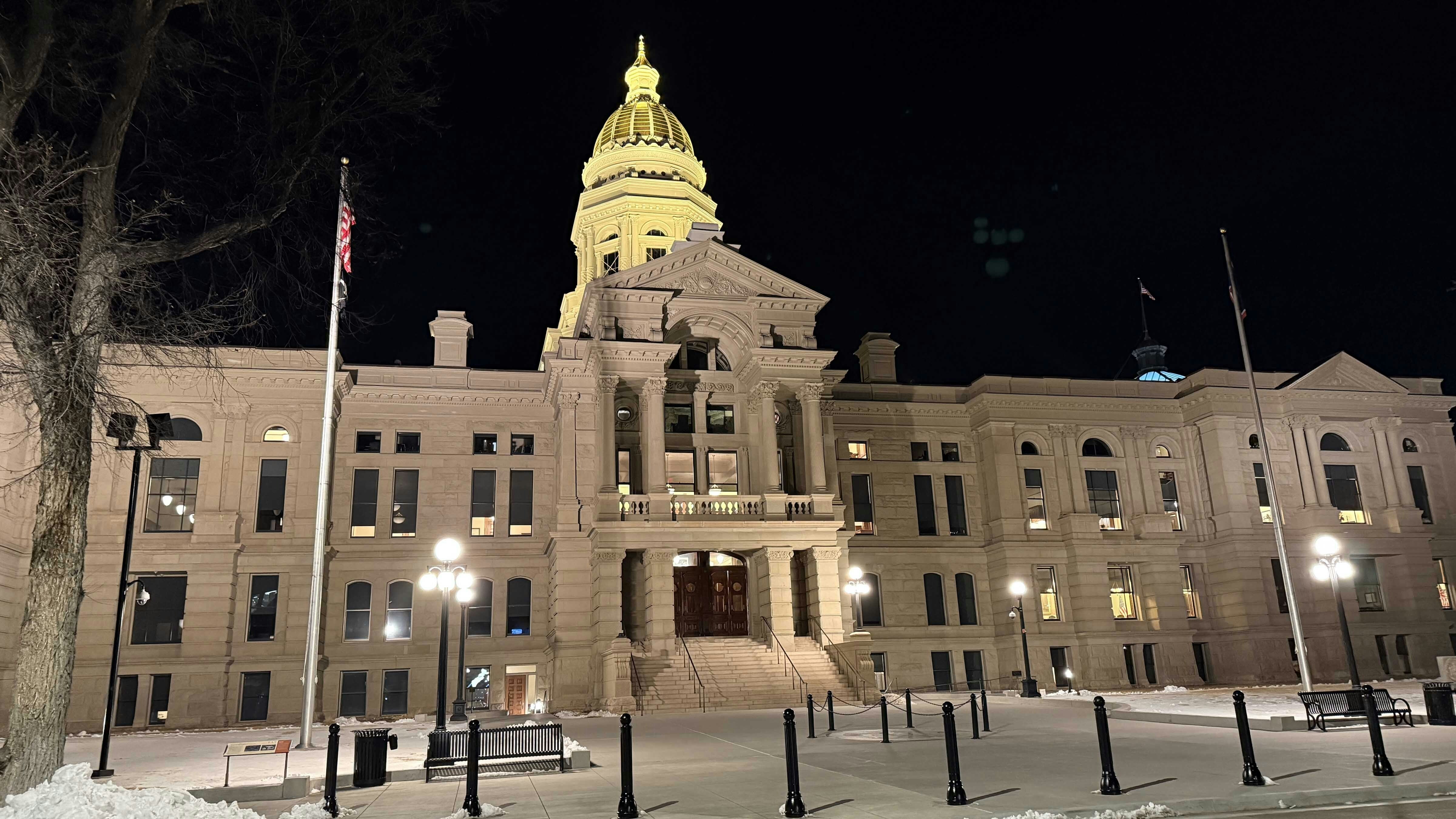A federal judge has ruled that the state cannot force a Second Amendment advocacy group to share the names of its donors.
Judge Scott Skavdahl ruled Monday in favor of the group Wyoming Gun Owners, finding that the Wyoming law requiring the the group to share a list of people who helped pay for a campaign ad is unconstitutional.
“This case demonstrates the delicate balance of the First Amendment right to engage in political speech verses the need to provide for an informed electorate during elections by requiring disclosure of those who are funding media and promoting certain candidates throughout election season,” Skavdahl wrote.
“However, while this is of critical importance, the state can only impose these disclosure and disclaimer requirements where it satisfies exacting scrutiny,” he wrote.
The lawsuit stems from a radio ad paid for by WyGO in 2020 comparing state Senate candidates Anthony Bouchard and Erin Johnson. The ad portrayed Bouchard as a Second Amendment champion and Johnson as a “self-described, country-club, chamber of commerce moderate.”
The Wyoming secretary of state’s office, acting on a complaint, said WyGO was required to file campaign finance reports, including a list of contributions and expenditures, because it had spent more than $500 on “political activity.”
The state cited a law which requires groups involved in such activity to list all contributions of more than $100 used for political activity.
But Skavdahl said it would be impossible for the organization to determine which contributions would be used specifically for political advertising and which would be used to pay for other activities, such as the group’s newsletters.
“WyGO does not only fund electioneering communications or focus on election issues, but rather offers several media formats to keep subscribers informed on Second Amendment rights,” the ruling said.
Skavdahl also said the statute is also unconstitutional because it calls for the reporting of expenditures which “relate to” campaign communications, a term he said was unconstitutionally vague.
As a result, the law is unconstitutional as it was applied to WyGO, Skavdahl wrote.
Bouchard said he tried to warn fellow legislators the language in the law was an unconstitutional obstacle to the First Amendment.
“During this year’s session, another bill to expand the same section of law was passed and signed by the Governor,” he told Cowboy State Daily. “Both times I argued against the legislation and tried to amend it. It fell on deaf ears. It makes the judge’s order ever so sweet.
“Yes, free speech matters,” he continued. “I told you so.”
Secretary of State Ed Buchanan said his office would review the ruling and added he was glad the court had decided the issue.
“When there is disagreement about the meaning of a particular statutory provision, the appropriate place to seek clarification is with the judicial branch,” he said. “I am grateful that is what occurred in this case.
“I would like to thank the court for its well-reasoned decision,” he continued.





